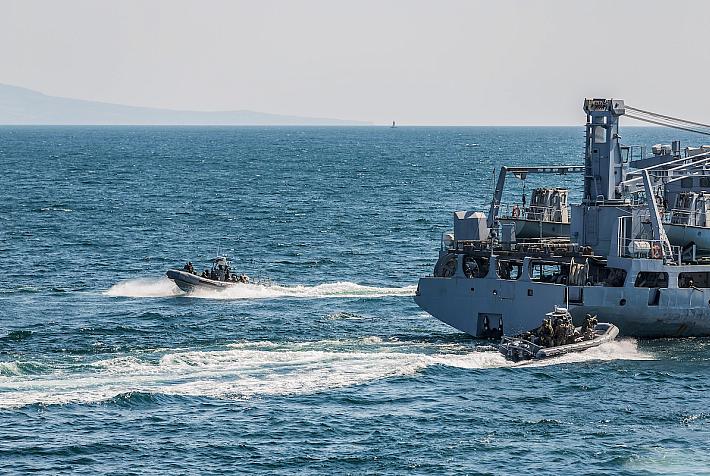Romania bans sturgeon fishing on the Danube for another five years

Romania has expanded the sturgeon fishing ban on the Danube by another five years at the end of April this year.
The ban applies to all five species of sturgeons that can be found in the Danube. Moreover, selling products such as meat and caviar collected from wild sturgeons in the Danube is also prohibited, according to a WWF statement.
Romania first banned Danube sturgeon fishing in 2006, for ten years.
However, the ban is a necessary measure, but is not sufficient. According to Cristina Munteanu, freshwater project manager at WWF Romania, the consistent application of the law is needed, as well as complementary measures such as mechanisms aimed at supporting fishermen to produce revenues from alternative sources and to get involved in conservation activities.
“Appropriate restocking programs are also necessary, and so are the programs to monitor sturgeon populations and the effects of the conservation measures,” Cristina Munteanu added.
The Executive Agency for Fisheries and Aquaculture in Bulgaria has also introduced a new five-year ban on sturgeon fishing in the Bulgarian part of the Danube and the Black Sea. This represents an extension of the prohibition introduced in 2011.
Sturgeon fishing is also banned in the other countries located on the Black Sea coast. For example, Turkey banned sturgeon fishing below 10 kg since 1958, and then completely banned sturgeon fishing in 1996. The prohibition is also in force in Ukraine since 1996 and in Georgia since 1967.
To help protect sturgeons, WWF implemented an EUR 770,000 project in Romania, Bulgaria, and Austria between July 2012 and September 2015.
Irina Popescu, irina.popescu@romania-insider.com
(Photo credit: Cristian Mititelu-Răileanu)











